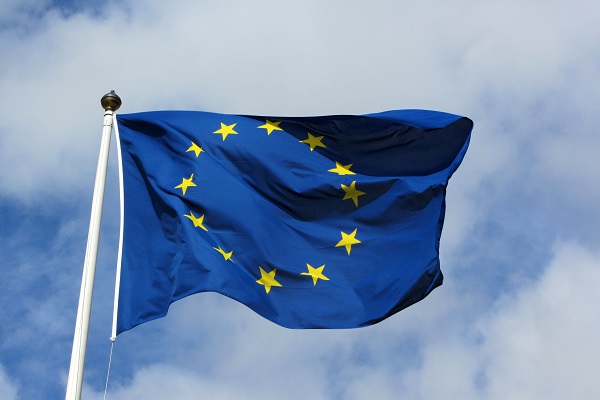EU Denies Gas Plants a Green Finance Tag
By Kate Abnett and Simon Jessop
BRUSSELS/LONDON (Reuters) - The European Commission on Friday proposed that power plants fueled by natural gas would not be not classed as a sustainable investment in Europe, although plants could possibly gain a green label by burning some hydrogen.

The landmark EU rules, due to be finalized this year, will force providers of financial products to disclose from the end of 2021 which investments meet climate criteria, and can therefore be marketed as "sustainable".
Gaining such a label is likely to help companies tap the growing share of investor cash looking to profit from the region's multi-trillion-euro shift to a net zero emissions economy by 2050.
In its proposal for the rules, the Commission said to be classed as a sustainable investment - one that makes a "substantial" contribution to mitigating climate change - gas power plants must have life-cycle emissions below 100 grams of CO2 equivalent per kilowatt hour (gCO2e/kWh).
That confirmed draft plans reported by Reuters and comes despite intense lobbying from the energy sector for a more generous threshold. The rules face a four-week consultation, before the Commission drafts the final version.
Sean Kidney, CEO of the Climate Bonds Initiative, who along with other experts advised the Commission on the rules, said the decision on gas was "a victory of science over the political economy."
"The Commission has held the line," he said.
Europe's most efficient gas plants produce more than three times the proposed emissions limit, and would need to use carbon capture technology to comply.
However, some experts said gas plants could potentially earn a sustainable investment badge by burning a share of hydrogen.
That is because investments can also earn a green label by meeting criteria which contribute to "climate adaptation" - building resilience against the impacts of climate change.
Those criteria would require gas plants to implement adaptation measures, such as flood defenses, and meet a "direct emissions" limit of 270gCO2e/kWh.
Today's gas plants exceed that limit. But they could meet it by burning roughly 20% hydrogen and 80% fossil gas, according to independent climate think-tank Ember.
Nathan Fabian, an advisor to the Commission on the rules, also noted that this "direct emissions" limit would not cover the emissions produced during the extraction and transport of gas.
"It appears to exclude the global warming potential of bringing gas electricity to the market, by excluding those upstream emissions," said Fabian, chief responsible investment officer at the U.N.-backed Principles for Responsible Investment investor group.
The rules also set out the criteria carmakers, industry and agriculture must meet to earn a green investment label. NGOs raised concerns over the criteria for bioenergy, which they said could allow burning trees for energy to count as a green investment.
"This is a massive mistake and will lead to stranded assets," WWF Senior Policy Officer Alex Mason said.
Related News
Related News

- Kinder Morgan Proposes 290-Mile Gas Pipeline Expansion Spanning Three States
- Enbridge Plans 86-Mile Pipeline Expansion, Bringing 850 Workers to Northern B.C.
- Three Killed, Two Injured in Accident at LNG Construction Site in Texas
- Tallgrass to Build New Permian-to-Rockies Pipeline, Targets 2028 Startup with 2.4 Bcf Capacity
- TC Energy Approves $900 Million Northwoods Pipeline Expansion for U.S. Midwest
- A Systematic Approach To Ensuring Pipeline Integrity
- U.S. Pipeline Expansion to Add 99 Bcf/d, Mostly for LNG Export, Report Finds
- Enbridge Adds Turboexpanders at Pipeline Sites to Power Data Centers in Canada, Pennsylvania
- Great Basin Gas Expansion Draws Strong Shipper Demand in Northern Nevada
- Cheniere Seeks FERC Approval to Expand Sabine Pass LNG Facility




Comments